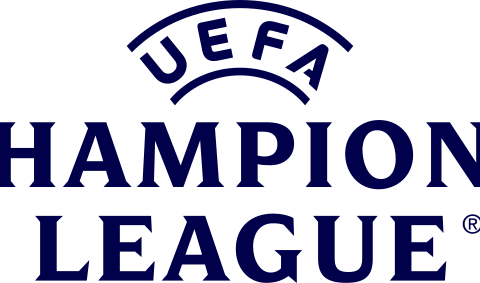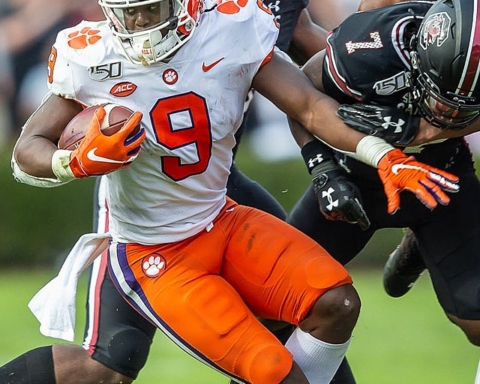By Pat Tintle
Sports Editor
On Feb. 16, the Olean Times Herald sports editor Chuck Pollock accused St. Bonaventure’s Sports Information Office of lying to Bona’s men’s basketball beat writer J.P. Butler.
The accusation stemmed from freshman guard Jaylen Adams’ finger surgery last week.
Prior to that announcement, the fan site Bonnies Bandwagon posted a story on Feb. 11 stating that Adams would have season-ending surgery. Butler approached Steve Mest, sports information director (SID), before the Feb. 11 game when St. Bonaventure hosted the University of Massachusetts. Mest denied that Adams’ injury was anything more than a day-to-day situation, stating that Adams’ finger was only jammed.
As it turned out, Bonnies Bandwagon was right. Adams did indeed end up having surgery on his finger, although it remains to be seen if it will be season-ending.
In his piece, Pollock initially portrayed Mest as the liar, but only to later call him “a good guy in a bad spot.” Pollock then redirected the blame toward Coach Mark Schmidt, who Pollock labeled as “THE BOSS of St. Bonaventure’s men’s basketball program. NOTHING happens without his OK.”
What Pollock wrote in his column was true—the SID did lie to the Olean Times Herald.
But is lying really that surprising, or rare, in the field of public relations?
Mest had a job to do, and whether or not he knew of Adams’ eventual surgery is irrelevant. Sports information directors not only provide statistics, notes and website maintenance for their respective schools, they also have to deal with the media. That is exactly what Mest did. There was a major injury to one of Bona’s top players, and rather than letting the entire Atlantic 10 Conference know about it—including UMass—Mest chose, or was told, to give his school a competitive edge in the upcoming game.
Pollock’s redirected blame toward Schmidt is also misguided. Let’s play Pollock’s game and say that Schmidt demanded that news of Adams’ injury should not be released to the media. Taking a step back from my own role as a student-journalist, Schmidt’s move was for the benefit of his team, which, as Pollock himself stated, is his top priority. Media relations are an important aspects of being a college basketball coach, but that comes second to one thing—winning.
Schmidt is paid the big bucks to make St. Bonaventure’s basketball program the best it can be, even if that means withholding certain information from the press in order to keep opposing teams ignorant of injury situations. You can call it lying, but you can also call it strategy.
Pollock also tried to belittle Mest’s lie by stating that Adams later blew Schmidt’s cover by tweeting, “Thanks to everyone for the support, surgery went well…,” the following Thursday.
Adams’ tweet was published one day after the Bonnies’ lose to the Minutemen. UMass played against Adams as if he was healthy as ever, even with the brace on his hand. Schmidt’s intention was fulfilled, although his team ended up losing the game 55-53.
Perhaps the biggest overstatement in Pollock’s column is his comparison of Bona’s credibility to that of fallen journalist Brian Williams. It may have been directed more toward a laugh than an accusation, but either way, it is an absurd statement. Never mind that Williams lied about events in a U.S. war rather than a college basketball program’s injury situation, but Schmidt is not a journalist as Williams is. Schmidt’s job does not only revolve around accuracy; it revolves around building the best chance to win for his team.
It’s easy to understand Pollock’s frustration. His writer was given conflicting information and had to decipher the truth from public relations, all with an approaching deadline on his shoulders. But Pollock must realize that, to an extent, the media is Schmidt’s burden, not priority. Schmidt had the choice to either let UMass know some key injury details or to keep those details from the press. He chose in favor of his team.
Journalism is generally a black and white industry. Stories need to be factual, blunt and accurate. But sometimes journalists forget that gray areas exist in the world of public relations—something that Pollock must keep in mind when dealing with the sports information office in the future.
Pat Tintle is the sports editor at The Bona Venture. His email is tintleph11@bonaventure.edu







